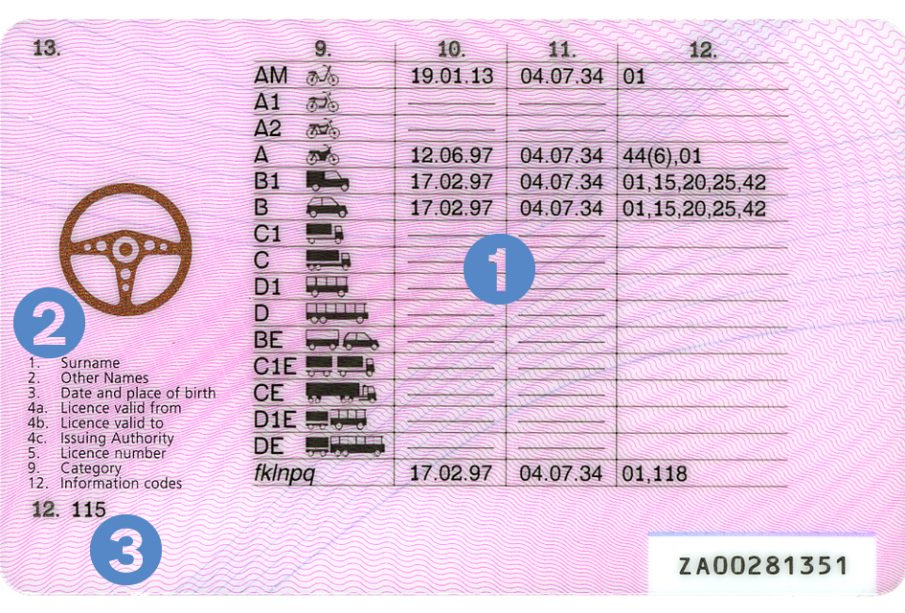Recent Changes to DVLA Driving Licences: What You Need to Know

The Importance of DVLA Driving Licence Changes
The Driver and Vehicle Licensing Agency (DVLA) has recently implemented significant changes to driving licence regulations in the UK. These changes aim to enhance road safety, keep pace with technology, and streamline the licensing process for all road users. Understanding these updates is crucial for both new and existing drivers, as non-compliance may lead to penalties or driving bans.
Key Changes Announced
One of the most notable changes involves the introduction of a new digital driving licence option. The DVLA has begun to roll out a digital driving licence that can be accessed via a mobile application. This digital format not only provides a convenient alternative for drivers but also helps reduce the risk of fraud associated with physical documents. The app will require drivers to verify their identity securely, ensuring that only legitimate drivers can use it.
Additionally, the DVLA has revised the rules regarding shared vehicles. Previously, many drivers faced confusion over who was qualified to operate shared cars, leading to potential legal issues. The new regulations clarify that as long as drivers hold a valid licence and are insured, they can operate the vehicle, simplifying the process significantly.
Impact on Learner Drivers
For learner drivers, the DVLA has put measures in place to make the driving test process more accessible. Changes include the reduction of waiting times for practical driving tests, making it easier for individuals to obtain their driving licences without prolonged delays. This adjustment is particularly beneficial given the backlog caused by the COVID-19 pandemic, which has left many aspiring drivers in limbo.
Future Implications
The DVLA’s recent driving licence changes are anticipated to not only improve road safety but also encourage more individuals to obtain their licences, thus increasing the number of compliant road users. As technology continues to advance, further updates to the licensing process are likely, aiming to provide enhanced efficiency and security.
Conclusion
In summary, the DVLA’s changes to driving licences represent a significant step towards modernising the driving experience in the UK. It is vital for all drivers to stay informed about these changes to ensure they remain compliant with regulations, thus promoting safer roads for everyone. As the agency continues to evolve policies in line with technological advancements, ongoing communication and education for drivers will remain paramount.









